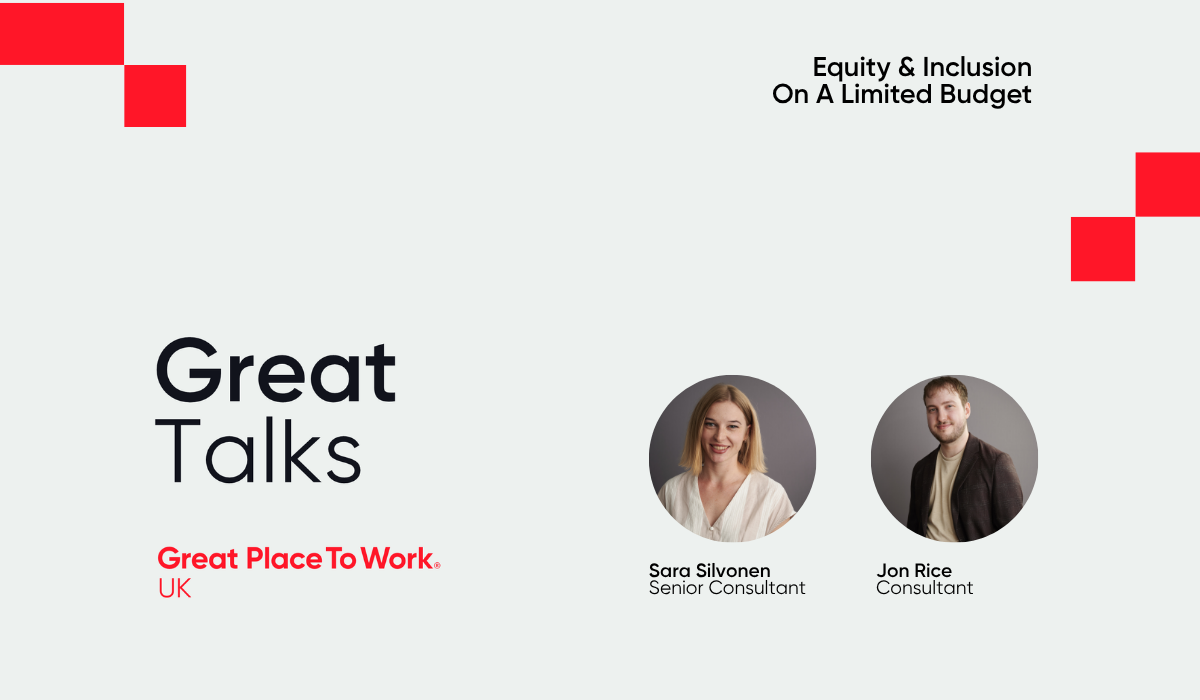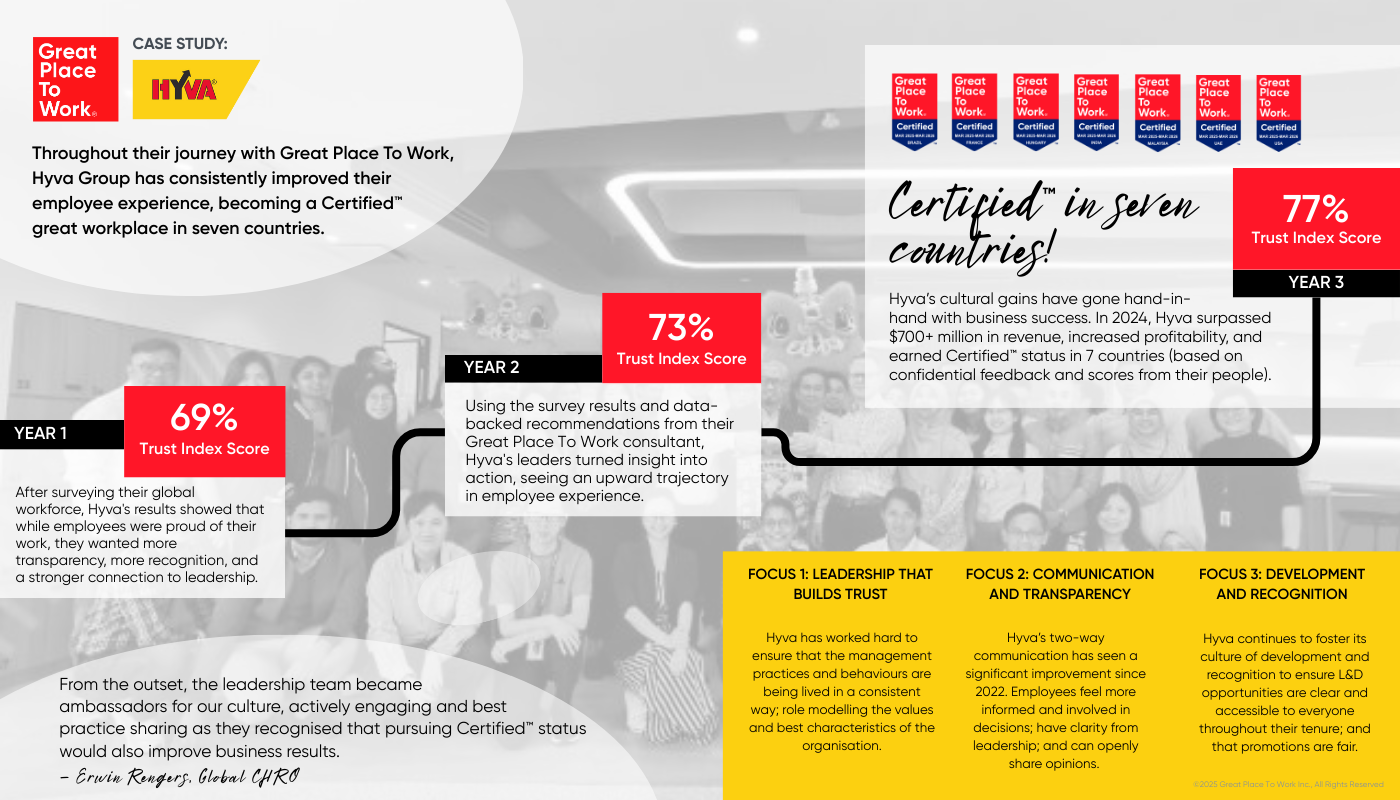Postponing surveys can erode trust, exacerbate employee anxiety, and bar opportunities for building a stronger workplace culture.
With the recent announcement that the UK economy has fallen into recession, many of us – employers and employees alike – are feeling the pressure. Employers are worried about how to generate revenue during an economic downturn, while employees are fearful for their jobs during a period typically synonymous with mass layoffs.
With all this upheaval, it might seem like now is an unstable time to survey employees.
But the reality is that employee surveys are an essential listening tool in times of crisis.
Why should you still survey employees during a recession?
During times of economic uncertainty, it is crucial for employers to continue surveying their employees. By seeking feedback during a recession, organisations demonstrate their commitment to caring for their workforce, alleviating anxiety and building trust.
Employee surveys provide valuable insights into how employees are feeling and what support they need, giving employers the information they need to make informed decisions. Ultimately, conducting employee surveys during a recession is not just an act of compassion, but a strategic move to gather essential business intelligence in navigating challenging times and ensuring the resilience of the organisation.
The art of surveying shows employees that their personal experiences are a priority.
Three ways surveying employees during a recession can benefit your business
1. It reinforces your intention of care
When you survey employees during tough times, you are showing them that you are committed to their wellbeing. Sending out an employee survey now acknowledges the stress created by the current economic climate and sends a message that you are here and you are listening.To reinforce that you care, it’s critical that you:
- Share the survey results
- Take action on the results - learn more with our Action Planning Template
Sharing the survey results, what you learned from them, and what actions you’re taking based on the data will help build the kind of trust and credibility that are a hallmark of Best Workplaces™.
2. It provides crucial insight into how to best support your people
Asking someone you manage, “How are you feeling?” may not always get quite as honest and direct a response as confidential employee survey.
During times when employees are experiencing fear, anxiety and uncertainty, they may feel least equipped to vocalise their needs and experience with the organisation or manager. Without this insight, employers may have a blind spot when making decisions and operate without the benefit of this data.
3. It helps you create experiences that boost business success
Without surveying your employees, you're in the dark as to how to improve your workplace culture – and workplaces with great culture consistently enjoy long-term business success. According to research by Alex Edmans, organisations who outperform when it comes to their culture also outperform the stock market by 2%-3% per year.
As well as this, Great Place To Work research shows that companies with inclusive, high-trust cultures bounced back quicker both from the 2007 - 2009 recession, and from the Covid-19 pandemic.
Don't let the current economic uncertainty deter you from engaging with your employees through surveys. Embrace the opportunity to strengthen your workplace culture, navigate challenges, and ensure the resilience of your organisation. Take the first step towards building a stronger workplace culture by prioritising employee feedback and engagement during uncertain times.
Learn how we can help you track employee experience and build trust during the recession.










